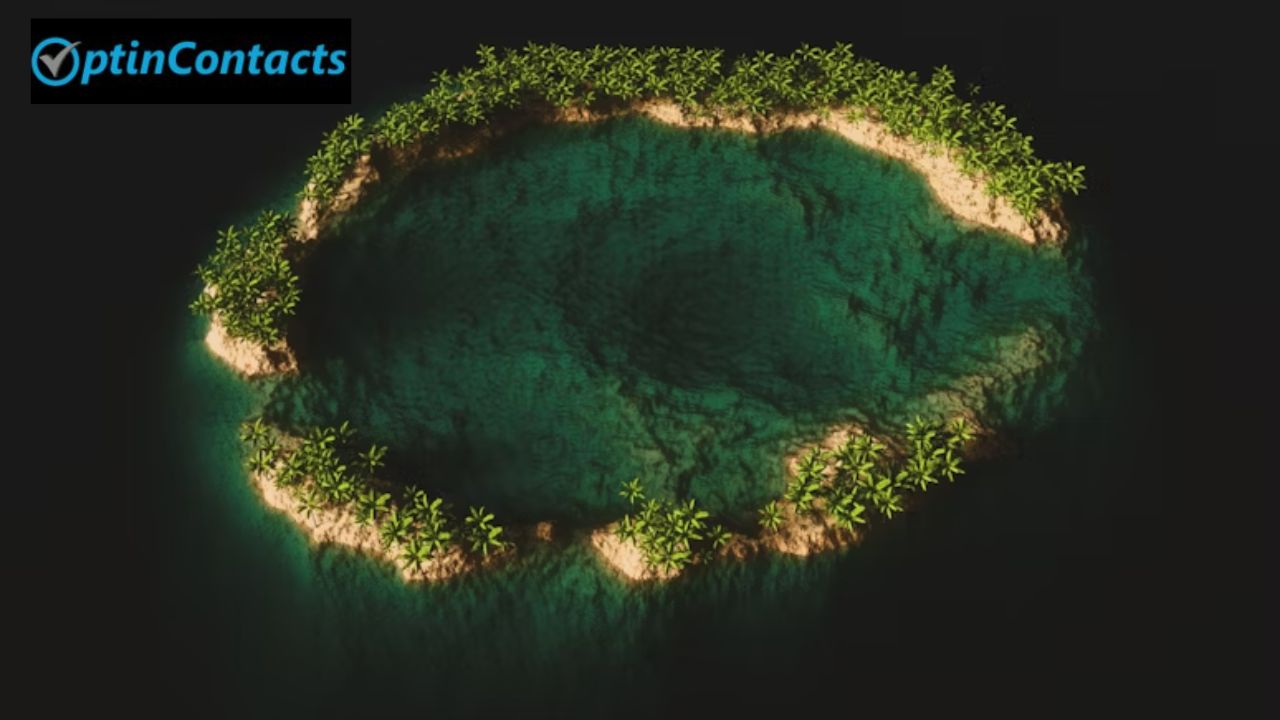Lucipara: Exploring the Mysteries and Significance of Lucipara Islands
Introduction: What is Lucipara and Why It Matters
The Lucipara Islands are one of Indonesia’s most remote and least-explored island chains, located deep in the Banda Sea. Often overlooked in favor of more commercial destinations like Bali or Raja Ampat, Lucipara offers untouched beauty, rich marine biodiversity, and a peaceful escape into nature. These isolated islands have caught the attention of marine scientists, eco-tourists, and conservationists due to their ecological significance and pristine environment.
Where is Lucipara Located?
Lucipara lies between the islands of Buru and the Banda Islands in eastern Indonesia. It consists of a small group of uninhabited volcanic islands surrounded by deep blue waters. These islands are part of the Maluku province and are accessible only by specialized boats or research vessels, making them an exclusive destination for serious adventurers and marine researchers.
The remoteness of Lucipara has helped it remain largely untouched by modern development, preserving its natural state and making it a hidden treasure of Southeast Asia.
Marine Biodiversity Around Lucipara
The surrounding seas of Lucipara are a hotspot for marine life. The coral reefs here are vibrant and healthy, teeming with schools of colorful fish, manta rays, sea turtles, and even reef sharks. The underwater visibility is exceptional, often exceeding 30 meters, making it an ideal location for diving and snorkeling.
In recent marine surveys, scientists have recorded hundreds of coral species and many rare and endemic fish that are not commonly found in other parts of the world. Lucipara’s ecosystem is considered part of the Coral Triangle, the global center of marine biodiversity.
Lucipara: A Potential Hub for Eco-Tourism
The unspoiled environment of Lucipara makes it a perfect candidate for sustainable tourism. Unlike heavily trafficked tourist spots, these islands offer complete serenity and a raw connection to nature. Travelers seeking authentic and off-the-grid experiences are increasingly interested in such hidden locations.
Eco-tourism in Lucipara could help raise funds for local conservation initiatives while providing meaningful jobs to nearby island communities. Activities such as guided snorkeling tours, marine photography, and wildlife observation can all be conducted with minimal environmental impact.
Cultural Significance of Lucipara in Local Communities
Though the Lucipara Islands are uninhabited, they are well-known to local fishing communities in the Maluku region. Many local legends speak of Lucipara as sacred land, often associated with ancestral spirits and sea deities. Traditional fishermen sometimes avoid these islands out of reverence, contributing inadvertently to their preservation.
These cultural beliefs have kept Lucipara relatively free from overfishing and exploitation. Local knowledge can be a valuable asset in any future conservation plans, blending traditional wisdom with modern science.
Conservation Challenges Facing Lucipara
Despite its isolation, Lucipara is not immune to global environmental threats. Climate change, particularly ocean warming, is a significant risk to the coral reefs surrounding the islands. There have already been minor signs of coral bleaching in neighboring waters.
Illegal fishing and the potential for destructive tourism also pose serious threats. Since Lucipara is not officially protected under Indonesian conservation laws, there’s a risk that its resources could be exploited if not properly monitored.
Environmental groups are urging authorities to designate Lucipara as a Marine Protected Area (MPA) to ensure long-term sustainability. This status would help limit harmful activities and enforce preservation guidelines.
Scientific Research and Discoveries in Lucipara
Lucipara is gaining attention from researchers for its scientific value. Marine biologists, oceanographers, and ecologists are increasingly focusing on the islands for studying untouched coral ecosystems, migratory patterns of marine animals, and ocean currents in the Banda Sea.
A 2023 research expedition discovered several new coral species and documented rare underwater behavior among reef fish in the waters surrounding Lucipara. These findings underscore the importance of preserving such rare habitats for the benefit of science and humanity.
Additionally, geologists are intrigued by the volcanic formation of Lucipara and are conducting studies to understand its origin and seismic activity patterns.
Accessibility and Travel Tips for Visiting Lucipara
Getting to Lucipara is a challenge, which also explains why it remains untouched. There are no direct flights or ferries. Travelers must first reach Ambon or Tual, two cities in the Maluku province, and from there charter a private boat to the islands.
Due to the lack of infrastructure, visitors must bring their own supplies including food, water, and camping gear. It’s recommended to visit with a guided expedition team that understands the geography and logistics of the region.
Responsible travel is crucial here—leaving no trace, minimizing waste, and avoiding interference with wildlife are all essential practices.
The Future of Lucipara: Protecting a Natural Treasure
As more people become aware of Lucipara, the responsibility to protect it grows. Conservationists, local governments, and international environmental organizations must collaborate to establish clear regulations for any human activity in the area.
Creating a long-term conservation plan, possibly involving community-led tourism, scientific research stations, and designated diving zones, could help safeguard Lucipara’s ecological wealth.
If protected, Lucipara can serve as a living model of how remote ecosystems can coexist with responsible human interaction.
Conclusion: Why Lucipara Deserves Global Recognition
In a world where untouched nature is increasingly rare, Lucipara stands out as a symbol of hope and natural balance. With its rich biodiversity, cultural heritage, and scientific value, the islands represent a golden opportunity for sustainable exploration and preservation.
Lucipara may not be on every travel brochure, but it offers something far more valuable—an authentic connection to the natural world, free from crowds and commercialism. Protecting Lucipara is not just an Indonesian concern; it’s a global responsibility.
